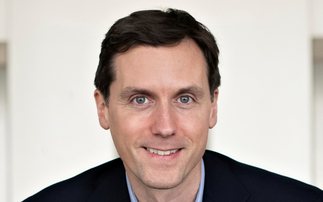Nearly nine in 10 eligible workers were saving into a workplace pension by the end of 2018, with £90.4bn of contributions put aside for retirement, government statistics reveal.
Auto-enrolment (AE), and re-enrolment, increased the number of participating employees by three percentage points to 87% over the 12-month period.
The Department for Work and Pensions' (DWP) latest statistics on workplace pension participation and savings trends, published today (5 June), found participation was highest, but stagnant, among public sector employees, but had risen sharply in the private sector as AE was rolled out.
In total, 18.7 million people were saving into a workplace pension by the end of last year; of these, 13.9 million worked in the private sector, the vast majority of whom were auto-enrolled. Separate data from The Pensions Regulator (TPR) recorded just under 10 million people had been auto-enrolled by the end of the last year.
However, the number of people saving in at least three of the last four years was at 72%, down two percentage points from 2017, which some suggested may be due to the increase of total minimum contributions from 3% to 5%.
AJ Bell senior analyst Tom Selby said the figure needed to be "carefully monitored by the DWP", particularly after contributions again rose to 8% this April.
The contribution hike also led to an increase in the amount saved, which grew by 8% from £83.4bn to £90.4bn - a figure Selby said demonstrated the "truly staggering" impact of AE. Of these contributions, £23.3bn was invested by savers and £58.2bn was provided by employers, with the remaining £8.9bn arising from tax relief.
Royal London pensions specialist Helen Morrissey welcomed the figures but called for the programme to be extended further.
"These figures show that Britain is getting back into the pension savings habit with over £90bn saved by eligible employees," she said. "AE has played a particular part in this with pension participation in the private sector increasing massively since 2012.
"However, we need to build on this success to ensure groups such as part time workers and the self-employed are also participating as much as possible."
An independent review of AE, published in 2017, detailed plans to remove the lower earnings limit and lower the minimum age criteria from 22 to 18, but neither plan has yet been progressed. The DWP is also trialling methods to bring the self-employed into AE, while the industry has urged for minimum contributions to be increased to 12%.
Despite this, pensions and financial inclusion minister Guy Opperman said he would not "force the pace of change in AE", and wanted to understand the impact of the recent contribution hikes before undertaking further reforms.









